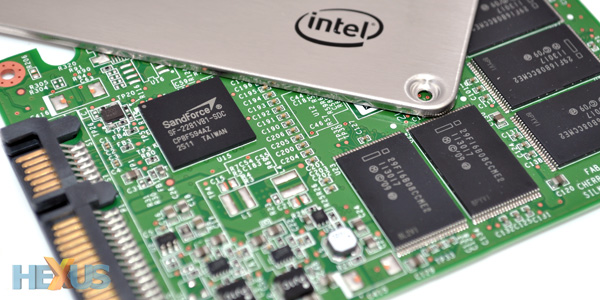
While SSDs get ever more affordable and popular there is a lot of talk on tech and shopping forums about the reliability of certain SSD controllers or SSD brands. Often you may think that you have spotted a bargain new SSD on offer only to research it to find a lot of people saying they “wouldn’t touch it with a bargepole”. That kind of language hasn’t really been used to describe any HDD since the infamous IBM Deathstar drives in 2001.
ZDNet’s new customer survey
Today ZDNet have published the results of a consumer survey which asked the simple question “Assuming you have owned a flash SSD, did it fail in the first 6 months?” The result was that 17 per cent of respondents said “YES”. The result surprised the ZDNet writer Robin Harris, who had expected a figure in the region of around five per cent.
I have to say that the ZDNet sample size was a little small with a total vote count of 617 respondents but a more in-depth survey has been promised to follow up on this surprising result. However I think it’s very hard to get good meaningful results in this kind of survey because the irritated, the disappointed and the dissatisfied customer will be more likely to fill in this kind of survey to show their displeasure, that’s human nature.
Branded a failure
Mr Harris has chatted about failure rates of SSDs to Intel and was told that less than one per cent of its drives were returned as faulty. That begs the question: is the failure much more pronounced in certain brands? We hope ZDNet's follow-up survey will investigate this further, with up-to-date firmwares and latest drive revisions taken into account. It's worth noting, of course, that many of the respondents in the current survey may simply be a result of well-documented teething issues with SandForce-based drives earlier in the year. Those issues have since been fixed via freely-available software updates.
On a related note, StorageReview.com do a comparison between SSD and HDD drives and it seems like the quoted MTBF of SSDs are higher than for HDDs at 2 million hours compared to 1.5 million hours respectively. Also traditional common sense would say that an SSD, with no moving parts, would be more robust and durable than old spinning disk technology. It seems as though SSDs are still suffering from the negative stigma surrounding earlier drives; where recalls, failures and critical software upgrades were seemingly too frequent.
Are you an SSD user? If so, let us know how your drive has fared in regards to reliability using the comments facility below.













